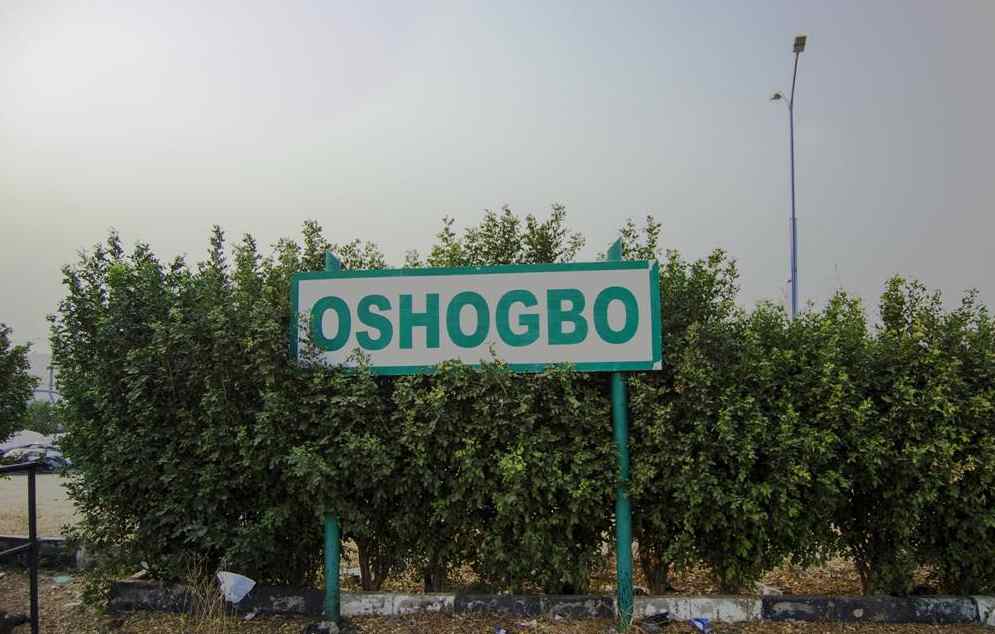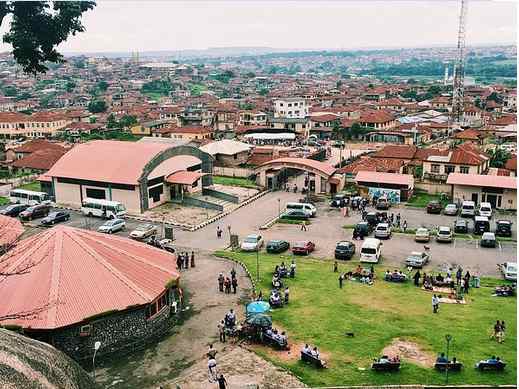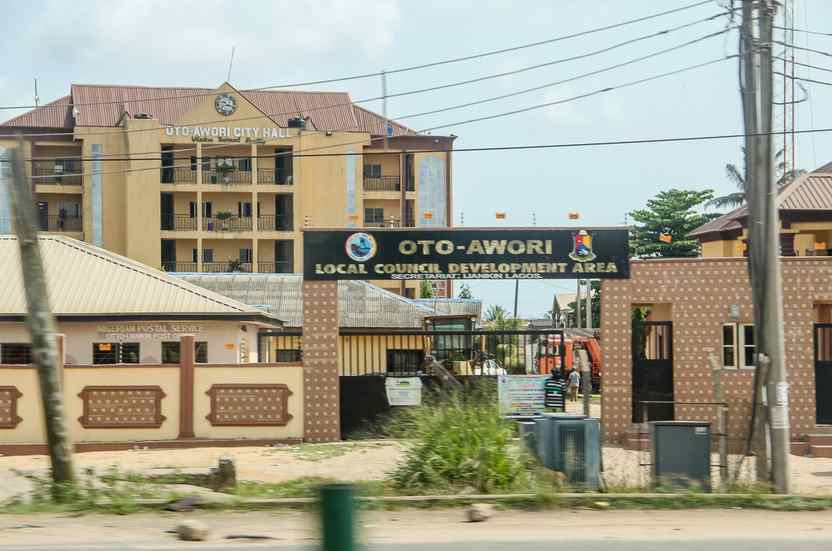
support@yorubalibrary.com
+2348073529208, 07038599574

Osogbo, the capital city of Osun State in South-West Nigeria, is widely popular as one of the most culturally unique cities in Yoruba land. Beyond its role as a political and administrative center, Osogbo is celebrated around the world for the Osun-Osogbo Sacred Grove, a UNESCO World Heritage Site, and the annual Osun-Osogbo Festival which draws thousands of visitors, devotees, and tourists from across Nigeria and beyond. This cultural heritage has placed Osogbo firmly on the global map as a city where tradition thrives alongside modern development.
The town’s origins are steeped in Yoruba oral history, with accounts of early settlers finding protection and prosperity along the Osun River. The river, believed to be the dwelling place of the goddess Osun, has remained central to the identity of Osogbo. Its waters are seen as sacred, and the surrounding forest is rich in spiritual symbolism, art, and history.
Today, Osogbo stands as a blend of old and new — a bustling urban center with markets, schools, and industries, yet greatly rooted in cultural traditions. The people of Osogbo are known for their warm hospitality, artistic skills, and devotion to preserving their heritage. The town’s legacy is not only preserved in its annual festivals and sacred sites but also in its Oriki (praise poetry), which continues to carry the pride of its people across generations.
Location and Geography
Osogbo is situated in the heart of Osun State, bordered by towns such as Ede, Ikirun, and Iragbiji. Its location makes it a strategic commercial hub with accessible road links to Ibadan, Lagos, and northern parts of Nigeria. The Osun River, flowing gracefully through the city, is both a natural landmark and a spiritual symbol.
Cultural and Historical Significance
The cultural significance of Osogbo is wonderful. It is the spiritual home of the Osun deity and an important center of Yoruba religion, art, and festivals. The Osun-Osogbo Festival, recognized internationally, is a two-week celebration of prayers, rituals, and performances that highlight the city’s cultural wealth. Osogbo is also known for the Osogbo School of Art, which produced globally recognized artists and contributed greatly to modern Nigerian art.
People and Occupations
The people of Osogbo are engaged in diverse occupations. Trading and artisan work are widespread, with local crafts, textile dyeing (Adire), and metalworks being prominent. Agriculture also plays a role, with crops like yam, maize, and vegetables cultivated in surrounding areas. Many residents are employed in government offices, education, and small-scale manufacturing.
Unique Features of the Town
Notable landmarks include the Osun Sacred Grove, the Ataoja’s Palace, the central markets, and cultural art centers. Osogbo’s combination of religious heritage, art history, and economic activity makes it one of the most remarkable cities in South-West Nigeria.
Oriki Ilu Osogbo
Below is the traditional Oriki (praise poetry) of Osogbo, the Osun State capital.
Osogbo Oroki Asala
Osogbo ilu Aro, Aro dede bi Okun
Are Op’eta, Are p’eta a gba
Osogbo Oroki gbe Onile o tun gbe Ajeji
Osogbo Oroki Omo yeye Osun
Yeye Atewogbeja Aniyun Labebe
Eleyele Aro, Olode Ega, Ega susu ni yara
Ewure Orangun ti n je lese Gbagede
Lese Gbagede ni ti ije
Aguntan Orangun nii je lese Yara
Akuko gagara t’o rori Ope ree le tente
Nibe ni won ti n pe Alara tantan
Ogboju Obinrin tii fi owo gbogboro yo omo re lofin
Yeye Larooye t’o ti Ipole di onile losogbo
Yeye Timehin akikanju Ode t’o m’erin wa mo ilu Osogbo,
Osogbo Oroki omo Olofin agba Ife
Omo Owa Oluyeye, Omo Obokun
Omo odo kan odo kan ti won n pe losun
Omo atenigbola olodo ide
Ogun kan, Ogun kan ti won n ja loroki ile
Obinrin gbona, Okunrin ko gbodo koja
Bi Okorokoro ti n gba oko niju
Bee ni Ogbaagbaa n run bala bi ose
Opo gbegiri l’osun fi segun Fulani
Ogun ko gbogbo jami, mo gbekeleOsun
Oroki tii ba Eja nla soro, tii ran iko ni’se
Osun Osogbo rere ni’Osun funmi
Ire Owo, Ire Omo, Ire Aiku Baale Oro
Osun t’ori ajigbara, leke o bawon ni orun gigun
O’tori ide wewe o bawon lapa gbogboro
B’oba wu agba Ijesha a san’so si bebere idi
B’oba wu Morokahan a san’so Gbogbo lo itan
Osogbo Oroki t’oni lakokan l’o ni Ohuntofo
Oun loni Ogidan tii fi Odo ide fo’gun
Omo atupa merindinlogun tii tan loroki ile
B’oba tan f’oba a tan f’osun
A tun tan fun irunmole a tan f’eniyan
Osogbo wumi ide ki n lo d’agbala osun
Ni bi ti won ti n re ro ti won tun ti n gundo ide,
A kii b’omi s’ote, a kii b’omi s’ota
Omi l’a buwe, omi la bu mu
Ore yeye Osun Osogbo o.
Conclusion
Osogbo is more than just the capital of Osun State — it is a living museum of Yoruba culture, spirituality, and artistry.
Need more? Browse through our Oriki Gallery today, at zero cost.

Check out the detailed Oriki of Abeokuta, the capi…

The authentic Oriki of the Awori people, one of th…